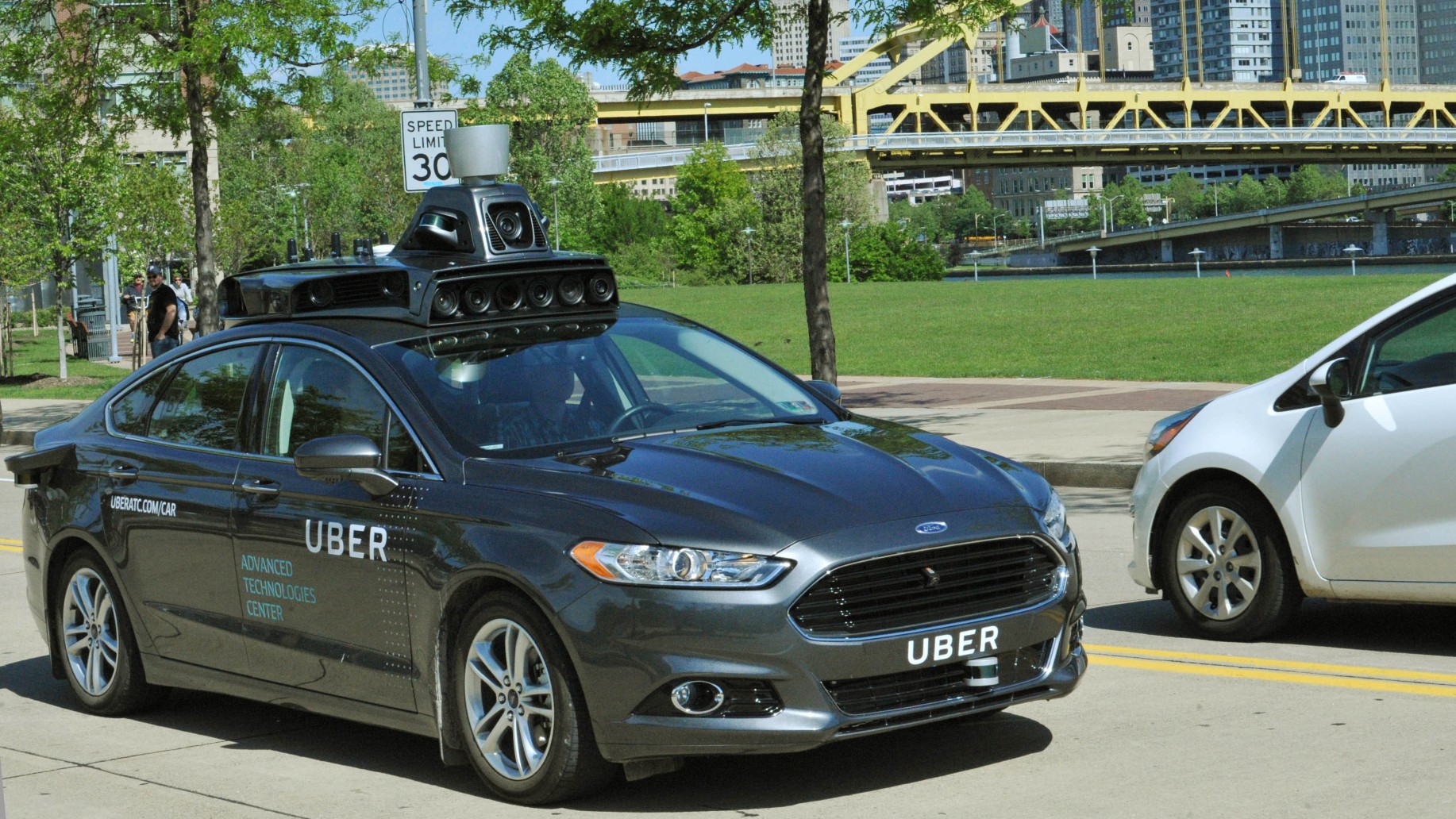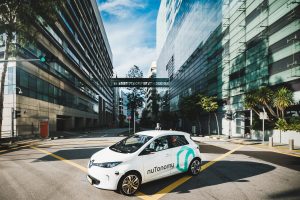When it comes to the self-driving technology industry, we’ve gotten quite a bit of teasing from a crowded field of competing companies about all the wonderful things they’ve got cooking up for us. But much like a Tinder match conversation that drags on for longer than a week, we did have to ask when the day would come that we’d finally get to see the goods up close and personal.
Now Singapore has become the first city in the world to offer rides to the public in self-driving taxis. And if you thought it would have been a name like Google or Uber behind this milestone, guess again.
On August 25, a small startup out of MIT called nuTonomy launched the public test of its autonomous fleet to select Singapore residents. Under the free trial, users will hail a self-driving car – either a modified Mitsubishi iMiev or Renault Zoe – using a special mobile app. For now, it’s a modestly-sized trial of 6 cabs total with pick-up and drop-off points located in predetermined spots within a 2.5-square-mile radius in Singapore’s one-north business district. Each car will be outfitted with two people, one engineer at the wheel ready to take over, and a researcher in the back taking notes.
NuTonomy plans to use the trial to collect important data about their service ahead of a wider commercial launch expected in 2018. This includes important logistical information about how they can refine the software and improve the booking process. But far more fascinating will be the insights they make in understanding passenger sentiments about the technology itself.
“The pilot is going to allow us to collect technical data, but equally importantly, it’s going to allow us to find out if people enjoy riding in driverless cars,” CEO Karl Iagnemma of nuTonomy told the Guardian. “When people get into the car, some will love it, some will be indifferent and some won’t like it. But how many won’t like it– 3% of the ridership, or 30%? We want to know that number. And Uber wants to know that number, too
nuTonomy’s launch snatches the first-to-launch prize out of Uber’s hands. According to Bloomberg, Uber planned to test self-driving taxis in Pittsburgh by the end of August. It’s now September and we’ve yet to see the cars hit the streets. Uber Pittsburgh’s Twitter account is silent on the matter.

Beyond testing autonomous taxis, Uber is also looking at bringing some changes to the trucking industry. The company recently acquired San Francisco-based startup Otto for a reported $680 million. Otto’s objective is to bring self-driving technology to our nation’s big rigs with affordable kits drivers can install on their existing vehicles.
Meanwhile, Ford announced they also plan to launch self-driving taxis and ride-shares by 2021. General Motors is also throwing their hand in the game with its acquisition of Cruise Automation for more than $1 billion as well as a $500 million investment into Lyft in a joint plan to deploy autonomous taxis. One of the earliest and most visible players in the game, Google told Reuters they plan to commercialize self-driving vehicles by 2020.
Clearly, there’s no shortage of competitors in this emerging industry. Singapore now stands as the first city to introduce self-driving cars to the public but it won’t be long before diverless rides fill the roads all over the world.











